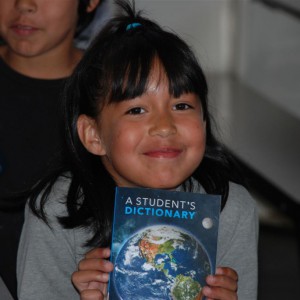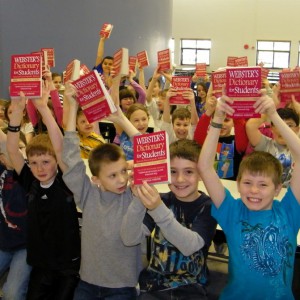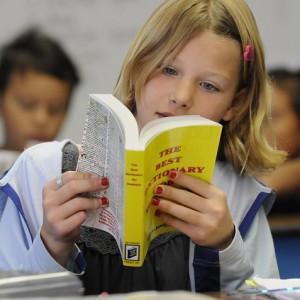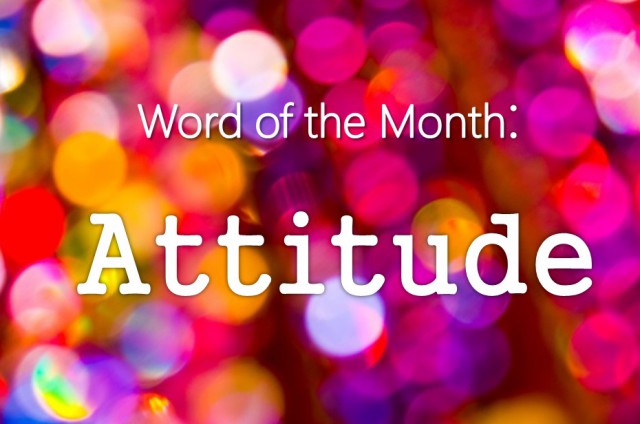Coronado, CA 92178
Newsletter 2016 January
A Special Invocation for the New Year by Ted Utchen:
Let us rise each morning, and strive each day, to do only that which brings happiness and joy to others, and avoid doing things that cause others hurt and pain. Let us use our minds and our reason to foster behavior based on the mutuality and reciprocity inherent in human relationships, and let us always respect the dignity and worth of each other. And let us, above all, love one another, not to obtain rewards for ourselves now or hereafter or to avoid punishment, but rather always to bring each other contentment and peace. So be it.

Word of the Month: Attitude
at·ti·tude /ˈadəˌt(y)o͞od/, noun:
1. state of mind, behavior, or conduct regarding some matter, as indicating an opinion or a purpose.
“Ability is what you are capable of doing. Motivation determines what you do. Attitude determines how well you do it.” Lou Holtz, 1937 –
“Weakness of attitude becomes weakness of character.” Albert Einstein, 1879 – 1955
“Your living is determined not so much by what life brings to you as by the attitude you bring to life; not so much by what happens to you as by the way your mind looks at what happens.” Khalil Gibran, 1883 – 1931
2. position of the body, suggesting a particular thought, feeling or action.
“When a woman puts on a heel, she has a different posture, a different attitude. She really stands up and has a consciousness of her body.” Christian Louboutin, 1964 –
The longer I live, the more I realize the impact of attitude on life. Attitude, to me, is more important than facts. It is more important than the past, than education, than money, than circumstances, than failures, than successes, than what other people think or say or do. It is more important than appearance, giftedness, or skill. It will make or break a company…a church…a home.
The remarkable thing is we have a choice every day regarding the attitude we will embrace for that day. We cannot change the inevitable. The only thing we can do is play on the one string we have, and that is our attitude … I am convinced that life is 10% what happens to me, and 90% how I react to it. And so it is with you … we are in charge of our Attitudes.

Paperback Dictionaries are a Valuable Resource for Education
Paperback dictionaries are a reliable tool for early educational development.
• A dictionary provides the basic information for students learning to read and write, like punctuation, parts of speech and basic grammar.
• A dictionary provides accurate information. They are compiled by educators and scholars and peer-reviewed by academics.
• Because every student has the same dictionary, teachers are able to use it as an integral part of the student’s daily school activities. Having one uniform reference for words allows student access to the same information.
• Students can write and make notes in their book which gives them easy access to a personalized reference book.

Thank you for this wonderful dictionary. I look up words that I don’t know and, poof, the meaning is there. Although, I’ve never had the honor of having a dictionary at home – I have always asked my family for definitions. I hope your dictionary project fully works. Thank you for expanding my resources.
A paperback dictionary builds self-confidence in students.
• Students are required to manually look up a word and gather information for themselves which teaches them to be self-reliant.
Student can take pride in finding information on their own. Finding the word is the first step – students must also read and comprehend the information which further challenges their learning capacity.
• The ability to see their personal improvement builds confidence and a sense of accomplishment. Learning new words gives a child the ability to form new associations and grow socially.

The students take ownership and pride in the idea of owning their own book. Many of the students are overwhelmed with excitement and have been copying definitions from their dictionary during their ‘free time!’ It’s wonderful seeing such a spark for learning in their eyes. Thank you for providing that spark.
Paperback dictionaries are accessible to everyone.
• Paperback dictionaries are the most cost effective way to disburse reliable and uniform information to students. Access to information is not determined by household income, school resources or state or district funding. A student does not have to have Wi-Fi, a computer or smart phone to be able to look-up and learn new words.
• Paperback dictionaries cost a fraction of the price of electronic devices.
• Personal ownership gives a child a sense of pride and sophistication.

We received the dictionaries that you intended to give every third grader in our school. What a surprise! We live in a rural community in which students do not have the advantage of technology at school and most not at home. These dictionaries will be put to good use and appreciated by teachers. Thank you!
January Sponsor Spotlights
| Monday | Tuesday | Wednesday | Thursday | Friday | Saturday | Sunday |
|---|---|---|---|---|---|---|
| 28 | 29 | 30 | 31 | 1 Bellevue-Offutt Kiwanis, NE |
2 | 3 |
| 4 Philadelphia Rotary, PA |
5 American Legion Aux. #209, SD |
6 Seward Rotary & Milford Kiwanis, NE |
7 Iowa Great Lakes Rotary, IA |
8 Oakview Grange #311, WA |
9 Kennett Rotary, MO |
10 |
| 11 North Hunterdon Rotary, NJ |
12 Fortuna Rotary, CA Acton Boxborough Rotary, MA |
13 Palm Bay & Rockledge Rotary Clubs, FL Hollywood Rotary, FL |
14 Port Allegany Rotary, PA |
15 Canton South Rotary, OH Mineola Garden City Rotary, NY |
16 Westchester Elks #535, NY |
17 |
| 18 Martin Luther King Jr. Day |
19 Pompano Beach-Lighthouse Rotary, FL |
20 | 21 Jackson Rotary, AL |
22 Vinton Kiwanis, IA |
23 | 24 |
| 25 Fredonia Grange #1713, MI |
26 Gordon Lions, NE |
27 | 28 | 29 | 30 | 31 |

